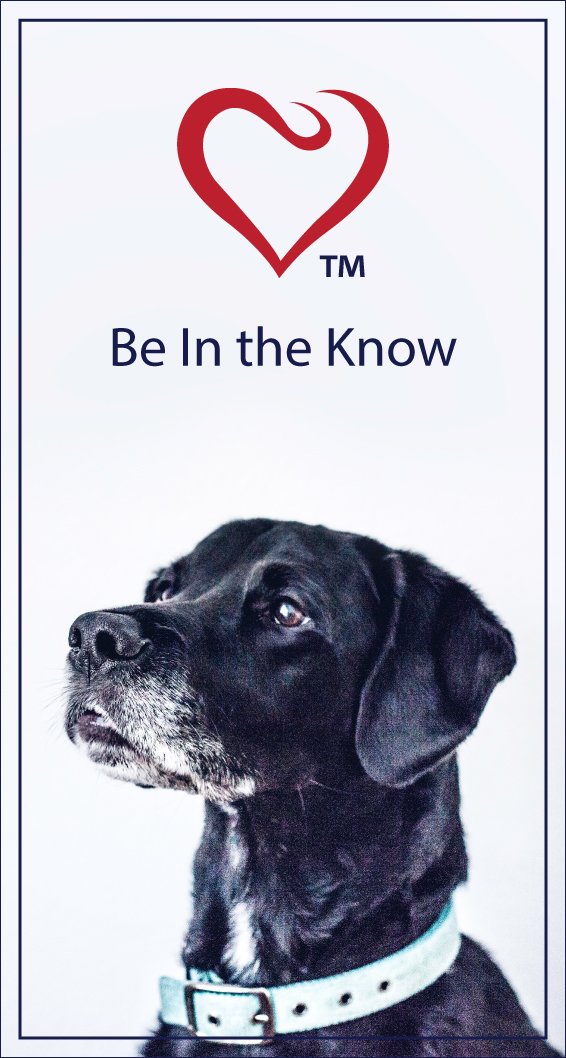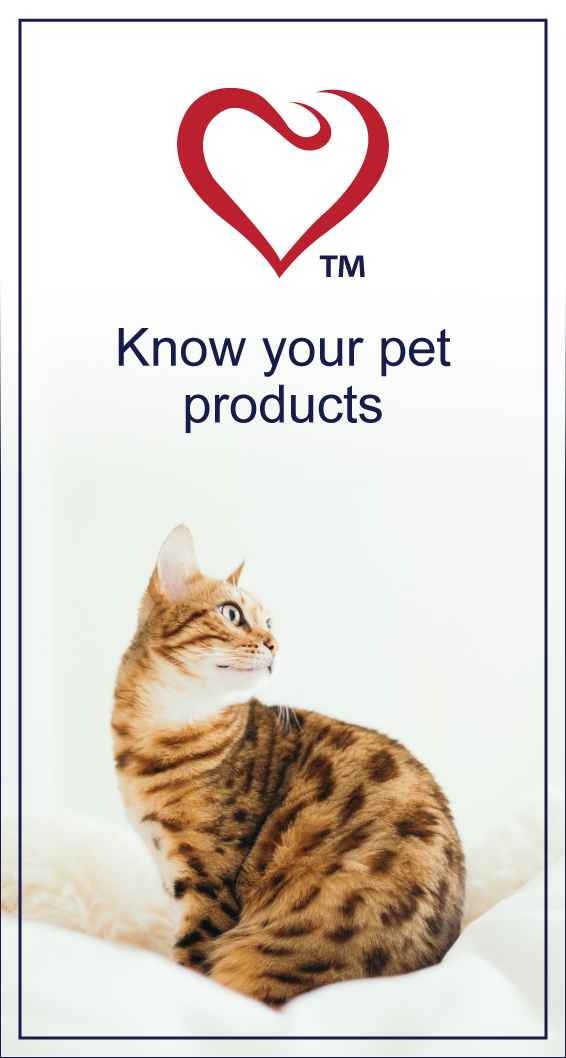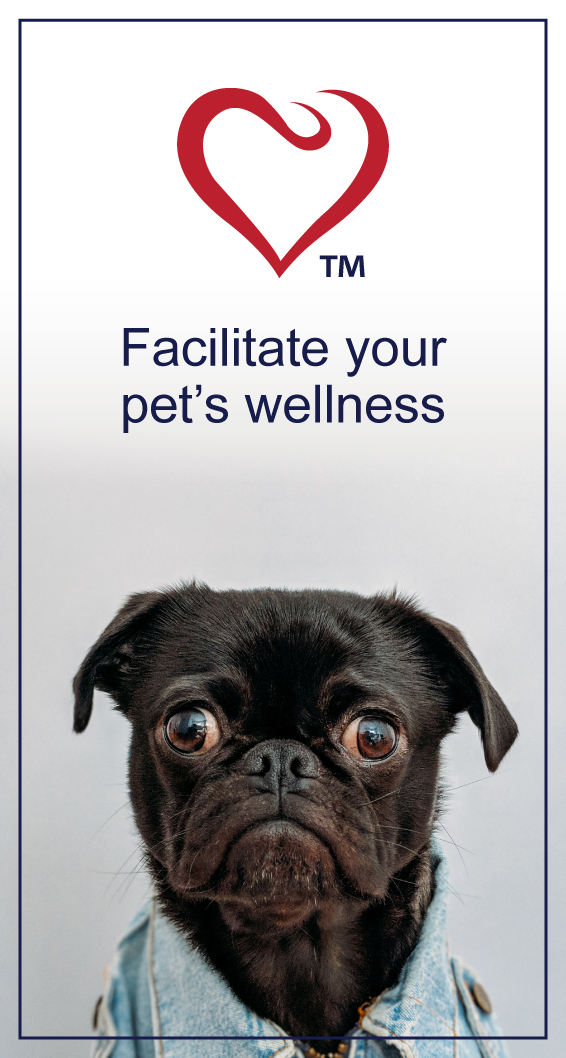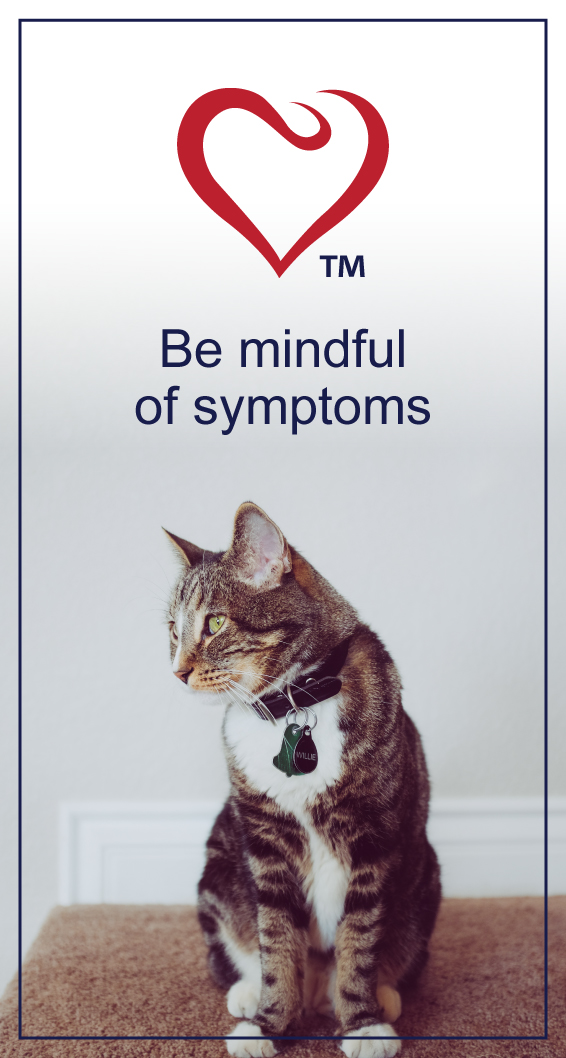HEALTH & WELLNESS

TRENDING
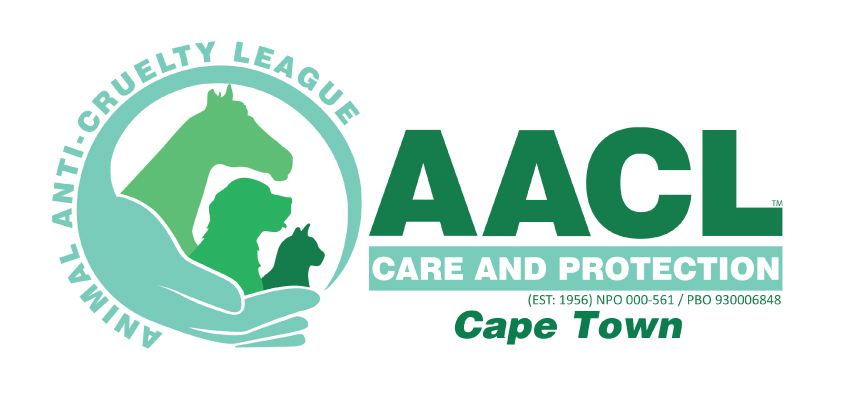
We’re excited and honoured to feature South Africa’s second largest independent animal welfare organisation on PetlifeSA.
What’s Causing Your Dog’s Skin Problems?

Nobody likes having an itchy or irritated skin and your dog is no different. Unfortunately, skin problems are very common in canines and shouldn’t be ignored. Fortunately, most causes of skin problems in dogs are not difficult to address and treat. Some can even be prevented.
Autoimmune Disorders
Blisters, hair loss, itchiness, redness, scabs and ulcers are possible symptoms of pemphigus foliaceus (autoimmune skin disease). Skin sores can also be caused by canine lupus (autoimmune disorder).
Bacterial Skin Infections
Sometimes allergies lead to additional skin problems, for example, open wounds caused by scratching, can get infected with bacteria.
Dandruff
Dry or irritated skin can lead to dandruff in dogs. Once your veterinarian has determined the cause (e.g. nutritional deficiencies or hormonal imbalances), it can be addressed.
Flea Allergy Dermatitis
Flea allergy dermatitis (FAD) is one cause of skin problems in dogs. Affected dogs are allergic to flea saliva and experience severe itching after even just one or two bites. Dogs that don’t suffer from FAD also experience itching, but not on the same level.
Environmental Allergies
An environmental allergy can be difficult to pinpoint and manage. Examples of environmental allergens include dust, mold and pollen.
Food Allergies
Food allergies can lead to itchy ears, face, paws and butt, as well as stomach problems. Common allergens include proteins, dairy and wheat.
Ringworm
Ringworm is a contagious fungal infection humans can get as well. Look for circular bald patches, rash or redness and crusty skin.
Mange
Mite infections can lead to a skin disease called mange. There are different types of mange. Signs of a mite infection include redness, hair loss, bald spots, intense itching and sores.
Yeast Infection
An increase in yeast organisms on the skin can lead to an infection, typically in moist areas (in between toes, ear canals or under arms). Symptoms include itchy skin, hair loss, redness, thickening of the skin, skin lesions and odour.
Related Articles
